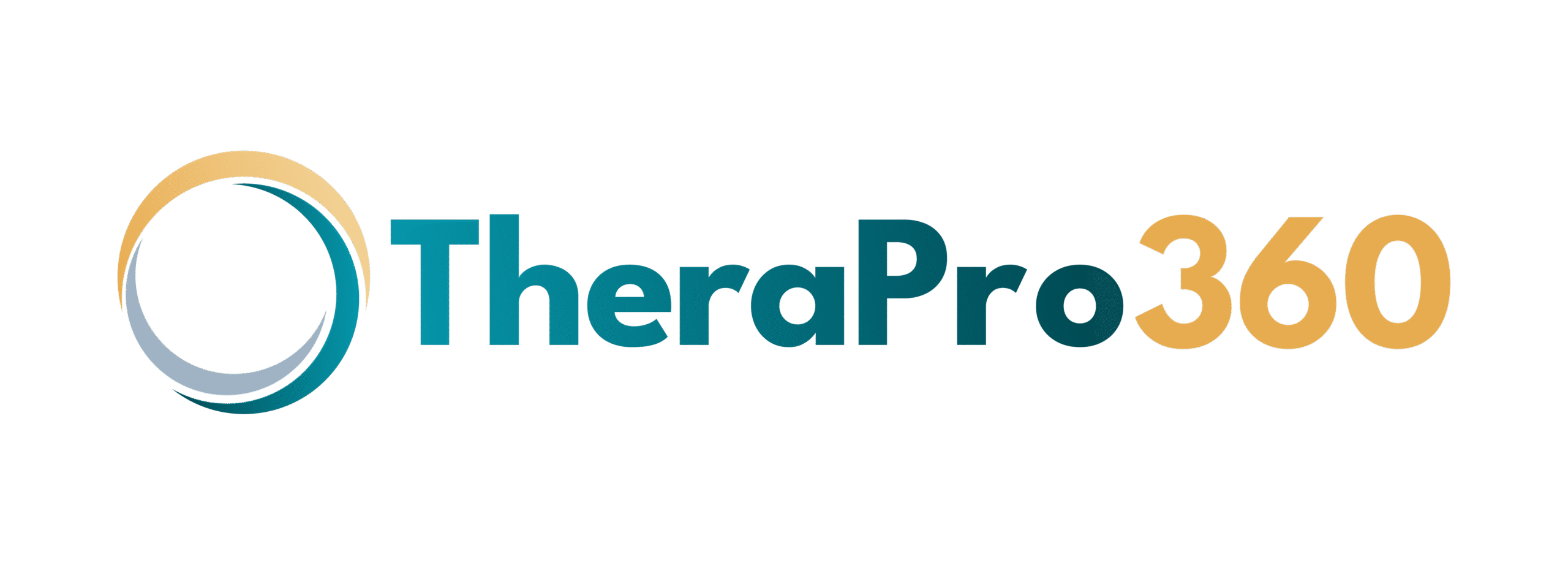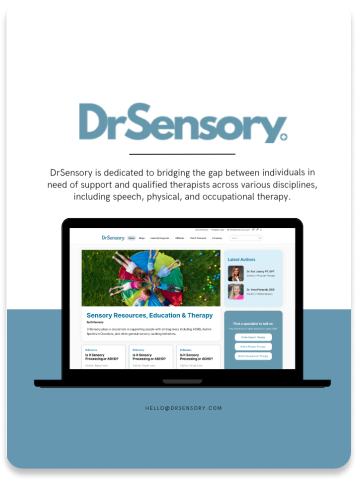
Blog
Choosing the Right Practice Management and CRM Tools for Your PT Clinic
Expert web designers ensure the site and software is easy to use.Choosing the Right Practice Management and CRM Tools for Your PT Clinic
Running a successful physical therapy (PT) practice requires more than just clinical expertise. Efficient operations, seamless patient management, and effective marketing strategies are just as critical. The backbone of achieving all this? Choosing the right practice management software and CRM (Customer Relationship Management) tools tailored to your clinic’s needs.
Whether you’re looking to streamline administrative tasks, better manage your client database, or enhance patient engagement, integrating the right systems can transform your clinic’s operations. This guide will help you select the best tools, explore the benefits of marketing automation, ensure compliance with HIPAA requirements, and improve your clinic’s overall efficiency.
Physical Therapy Marketing & SEO: A Guide to Managing Customer Data for Growth

Why PT Clinics Need Practice Management and CRM Tools
Physical therapy clinics juggle a multitude of responsibilities—from managing appointment schedules and patient records to marketing campaigns and revenue tracking. Without the proper systems in place, these tasks can quickly become overwhelming, leading to inefficiencies or even lost revenue opportunities.
Here’s how practice management and CRM tools benefit PT clinics:
1. Streamlined Administrative Processes
Paper records and manual scheduling can slow down your workflow and cause errors. Practice management software automates these repetitive tasks, allowing your team to focus more on your patients.
2. Improved Patient Care
A robust CRM system enables better tracking of patient interactions, histories, and preferences. The result? Personalized care that boosts patient satisfaction and loyalty.
3. Better Marketing Outcomes
CRM tools allow you to automate patient communication and campaigns, helping you stay top of mind with newsletters, appointment reminders, and reactivation strategies.
4. Compliance and Security
Practice management software ensures patient data is stored securely and compliant with regulations like HIPAA, giving you and your patients peace of mind.
Investing in the right tools is the key to creating a more organized, efficient, and patient-focused clinic.
How to Collect, Store, and Use Patient Data Ethically and Effectively
Best CRM Tools and Customer Database Management Software for Small Practices

Features to Look For in Practice Management Tools
Choosing the best practice management software starts with understanding the key features that will address your clinic’s needs. Here’s what to prioritize:
1. Appointment Scheduling and Calendar Integration
Effortless scheduling is essential for PT clinics that handle multiple providers, patients, and service locations. Look for software with:
- Integrated calendar views for easy access.
- Text and email reminders to reduce no-shows.
- Real-time availability updates for smooth booking.
Tools like TheraPro360, SimplePractice or WebPT excel at simplifying appointment management while integrating seamlessly with external calendars like Google Calendar.
2. Electronic Health Records (EHR)
Quality EHR capabilities are a must for any physical therapy practice management tool. Key features include:
- Customizable therapy notes templates to streamline documentation.
- Secure access to records for both clinicians and patients.
- Integration with billing systems to eliminate data duplication.
3. Billing and Payment Processing
Look for software with built-in billing and payment features to manage claims, track revenue, and simplify checkouts. Features include:
- Electronic insurance claim filing.
- Integration with payment gateways for easy patient billing.
- Revenue cycle reporting for greater financial transparency.
4. Data Analytics and Reporting Tools
Make smarter business decisions with robust reporting features. Top solutions provide:
- Revenue growth tracking.
- Performance indicators, such as patient retention rates.
- Marketing ROI reports to evaluate campaign success.
5. Customizable Workflows
Every clinic operates differently. Choose tools that simplify PT clinic needs, such as:
- Tracking patient progress notes.
- Automating recurring appointments.
- Integrating with wearable technology for advanced therapy tracking.
Custom workflows ensure higher efficiency and adaptability for your practice management.

What to Look for in CRM Tools for Physical Therapists
CRM tools cater specifically to patient engagement, marketing, and relationship management. Here’s what sets apart the best CRM systems for PT clinics:
1. Client Database Management
A good CRM centralizes all patient data—contact information, appointment history, notes, and more—in one easily accessible location. Features to prioritize include:
- Integration with your practice management software.
- Segmentation capabilities to organize patients by condition, treatment history, or appointment type.
- Searchability for quick access to patient records.
2. Marketing Automation
Automating your marketing campaigns means better communication without additional workload. Top-tier CRM tools allow:
- Automated reminders for scheduled appointments or follow-ups.
- Targeted email campaigns, such as newsletters tailored to patient interests.
- Reactivation campaigns aimed at patients who haven’t booked visits recently.
For example, tools like HubSpot CRM or Pipedrive allow physical therapy clinics to create personalized outreach campaigns and track their effectiveness.
3. Customizable Patient Communication
Modern CRM systems go beyond email. They allow seamless communication via text messaging or built-in chat systems. Look for tools that:
- Send appointment confirmations or reminders.
- Follow up with post-treatment surveys or success stories.
- Provide an integrated chatbot for answering routine patient queries.
4. Analytics and Insights
By integrating CRM data into analytics dashboards, you can measure:
- Campaign engagement rates.
- ROI of different marketing strategies.
- Patterns in patient communication preferences.
CRM insights inform better decision-making when planning campaigns or patient outreach.
How to Track ROI on Physical Therapy Marketing & SEO
Email Marketing for Physical Therapists: How to Stay Top of Mind
Top Physical Therapy Marketing Mistakes to Avoid (And What to Do Instead)

Integrating Data Management With Marketing Automation
The Challenge of Disconnected Systems
Without proper integration, your clinic might struggle to coordinate data between practice management tools and CRM software. This can cause inefficiencies like inconsistent patient information or missed marketing opportunities.
The Benefit of Integration
When practice management and CRM systems work together, your clinic gains a single source of truth for patient data. This setup allows:
- Effortless synchronization between patient records and marketing campaigns.
- Triggered email sequences based on patient actions, such as fitness tips after completing a therapy program.
- Streamlined communication for task handoffs between administrative and clinical teams.
Solutions like Cliniko or TherapyNotes offer dedicated integrations to bridge data systems, ensuring smooth transitions between marketing, scheduling, and records.
Examples of Marketing Automation at Work
- Win-back Campaigns: Automatically send emails or SMS offers to patients who haven’t visited your clinic in 6+ months.
- Seasonal Reminders: Notify patients about exercises or tips relevant to winter slip-and-fall risks or summer sports activities.
- Patient Journey Tracking: Send pre-defined messages through each stage of their recovery to keep them engaged.
Patient Reviews and Reputation Management for PT Clinics
Social Media Marketing for Physical Therapists: A Strategic Guide
Ensuring HIPAA Compliance in Your CRM and Practice Management Tools
Handling sensitive patient data requires strict adherence to HIPAA guidelines. Opt for tools designed with healthcare compliance in mind to reduce risks.
Key Features of HIPAA-Compliant Systems
- Data Encryption: All patient data stored or transmitted between systems must be encrypted.
- Access Controls: Ensure your software provides role-based access so only authorized staff can view sensitive records.
- Audit Trails: Keep logs of who accesses or modifies patient data for accountability.
- Secure Hosting: Ensure vendors store data in HIPAA-compliant data centers.
Tools That Excel in Compliance
- Kareo: Provides secure, HIPAA-compliant handling of patient billing and clinical data.
- TheraOffice: A dedicated platform for PT practices with built-in compliance tools, from secure document sharing to EHR access logging.
Ensuring Privacy During Data Transfers
If integrating multiple systems (e.g., CRM with practice management tools), ensure the platform supports HIPAA-compliant APIs for transferring data securely.
How to Build a Physical Therapy Website That Ranks and Converts
Best Keywords for Physical Therapy SEO (With Examples)
Local SEO for Physical Therapists: How to Dominate in Your Area

Final Thoughts
The right practice management software and CRM tools can elevate your PT clinic to new heights, streamlining everything from patient scheduling to targeted marketing campaigns. By investing in systems that integrate data, automate marketing tasks, and safeguard patient information, you can create a more efficient and compliant practice that consistently delivers top-notch care.
To get started:
- Evaluate your current needs—where are your workflows falling short?
- Compare features and integration options across platforms that prioritize PT clinics.
- Invest in software that balances efficiency, patient engagement, and compliance.
With the right tools, your clinic will become a well-oiled machine that benefits both your patients and your bottom line.
Why TheraPro360?
Run your practice with simplicity with our streamlined scheduling, seamless telehealth integration, centralized patient portals, intuitive calendar management, and automated invoicing.
Get Started TodayAuthors and Contributors

Eva Lassey PT, DPT
Co-Founder of TheraPro360
Dr. Eva Lassey PT, DPT has honed her expertise in developing patient-centered care plans that optimize recovery and enhance overall well-being. Her passion for innovative therapeutic solutions led her to establish DrSensory, a comprehensive resource for therapy-related diagnoses and services.

Irina Shvaya
Co-Founder of TheraPro360
Irina Shvaya is the Founder of eSEOspace, a Software Development Company. She combines her knowledge of Behavioral Neuroscience and Psychology to understand how consumers think and behave.
Contents

Build Your Therapy Practice Online With a Website That Actually Works
At TheraPro360, we’re more than just software — we’re your all-in-one partner for practice management and online growth. From custom websites to SEO and marketing, we help therapists modernize their online presence and attract more patients.
Whether you're starting fresh or your current site needs a serious upgrade, our streamlined, white-glove process takes the stress out of getting results — so you can focus on what matters most: your patients.
Ready to Grow Your Practice?
👉 Schedule Your Free Discovery Call Now
Let’s build your online presence — together.











